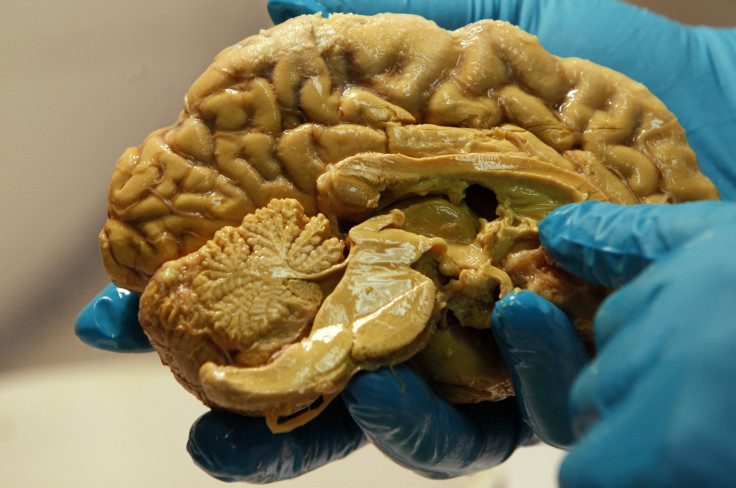Schizophrenia breakthrough: Schizophrenia cure may be possible in future after scientists discover biological cause

A study, published in the international journal Nature, revealed a major trigger for the deadly disease schizophrenia. According to the scientists, the trigger lies in humans’ molecular make-up and it may explain why the disease develops in adolescence.
The researchers reported that the findings of the study are a significant step toward understanding schizophrenia cause. The landmark study provides exclusive insight into the biology behind the common psychiatric disorder.
Schizophrenia is characterised by hallucinations and delusional thinking. Drugs that are used for schizophrenia treatment do not touch the underlying cause. The researchers analysed the steps by which genes can increase the risk of developing the disease in a person.
The risk was found to be connected to a natural process known as synaptic pruning. It is a process by which the brain sheds redundant or weak connections between neurons with maturity. It is in the prefrontal cortex (that part of the brain where planning and thinking skills are centred) that synaptic pruning takes place during early adulthood or during adolescence.
The study also found out that people carrying genes that intensify or accelerate pruning are at larger a risk of developing schizophrenia. The researchers suggested that schizophrenics possess a gene variant that may facilitate violent “tagging” of connections for pruning thereby accelerating the process.
The study found a big spike in the single gene C4 that prunes away excess brain cell connections. The spike dramatically increases a person’s risk of developing schizophrenia. The researchers analysed data of 700 post-mortem brains, 36,000 controls and over 29,000 schizophrenia patients.
The study is being hailed as a turning point in understanding the schizophrenia causes. The damaging illness affects more than 280,000 Australians. The study has the potential to find ways of early detection of the disease and its treatment thereof, something that was unthinkable even a year ago, writes The Sydney Morning Herald.
“It's a very exciting situation we're in now where we can see a clear association between a very microscopic process and a complex mental illness,” said Jayashri Kulkarni, Professor of Psychiatry at Monash University.






